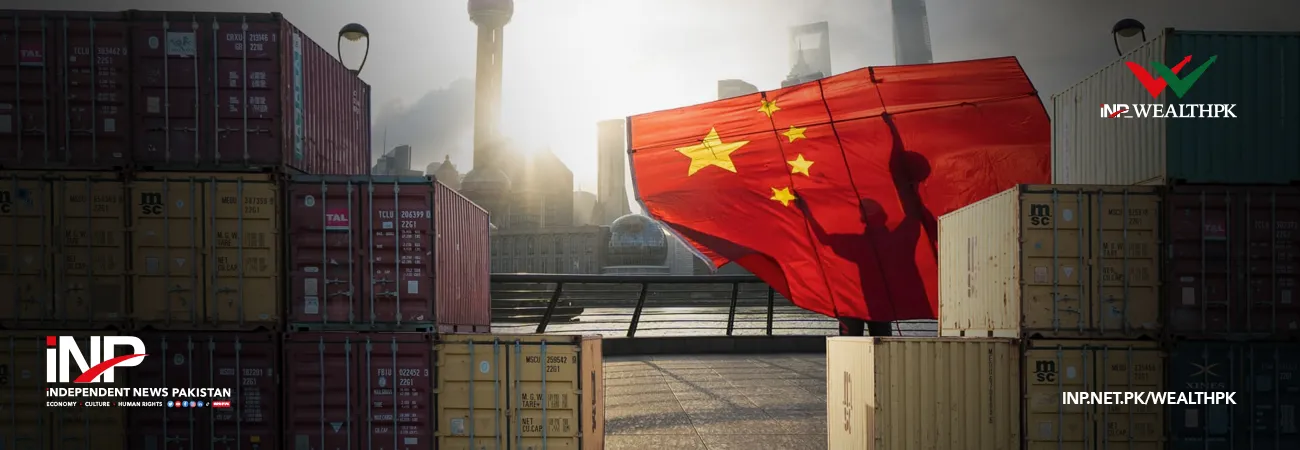INP-WealthPk
Ayesha Saba

Trade between Pakistan and China saw a marginal growth in the first 11 months of the ongoing fiscal year 2023-24, with calls for Islamabad to ensure export diversification and product competitiveness to boost its shipments to Beijing. According to Trade Development Authority of Pakistan, Pakistan's exports to China in May 2024 amounted to $172.6 million, contributing to a total of $2.4093 billion for the first 11 months of FY24. This represents a marginal increase of 0.1% compared to the same period of FY23, when exports to China were recorded at $2.407 billion. During May 2024, Pakistan’s overall exports of goods and services stood at $3.69 billion, while imports clocked in at $5.93 billion. Meanwhile, remittances in May clocked in at $3.24 billion. Talking to WealthPK, Abdul Khaliq, Trade Adviser at the Ministry of Commerce, said despite global economic challenges and domestic constraints, Pakistan managed to sustain its export levels to one of its major trading partners.
He stated that one of the primary obstacles hindering export competitiveness was the limited diversification of Pakistan's export base. “The country heavily relies on a narrow range of industries, with textiles prominently dominating its export profile. While textiles are a cornerstone of Pakistan's economy, accounting for a significant portion of exports, over-reliance on this sector makes the economy vulnerable to external shocks and global market fluctuations,” he noted. Talking to WealthPK, Umar Khayam, Assistant Chief of Industries & Commerce Section, Ministry of Planning, Development and Special Initiatives, said strategic initiatives such as the Pakistan Vision 2025 and efforts under the CPEC aimed to address some of these challenges by promoting industrial diversification and upgrading infrastructure. “However, sustained political commitment, effective governance, and targeted policy interventions are essential to translate these aspirations into tangible outcomes.”
He maintained that enhancing export competitiveness would require concerted efforts from both public and private sectors. “Investing in innovation, fostering a business-friendly environment, and promoting export-oriented industries beyond textiles are crucial steps towards diversifying Pakistan's export base and reducing dependency on traditional sectors.” Umar said that despite the positive trends, several challenges remained as trade imbalances, tariff barriers, and regulatory hurdles continued to impede full-fledged recovery. However, he said both the Pakistani and Chinese governments were actively working to address these issues. He further stressed the importance of ongoing diplomatic efforts. "Continued diplomatic engagement is essential to overcome trade barriers and ensure sustainable growth in the trade sector," he remarked.
Credit: INP-WealthPk













